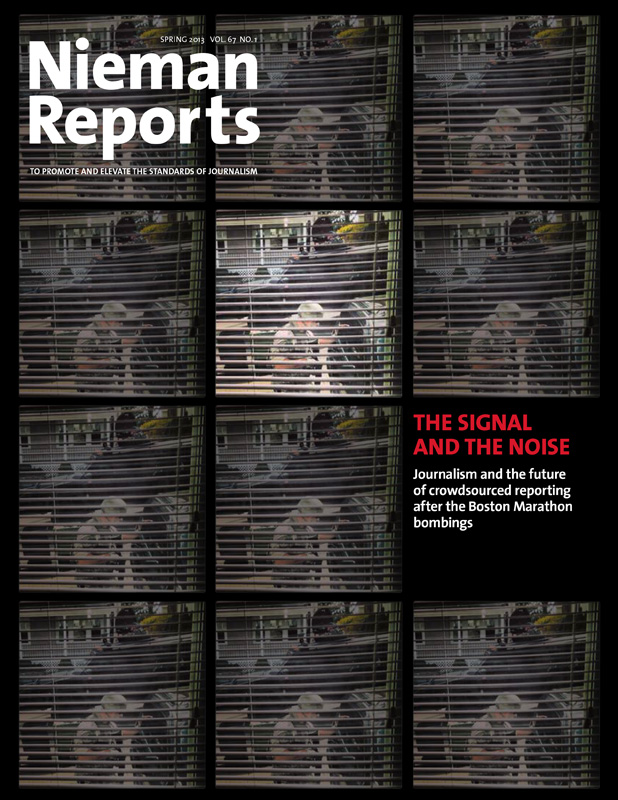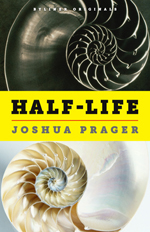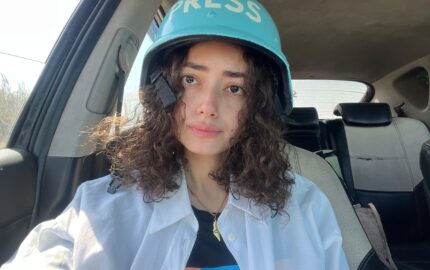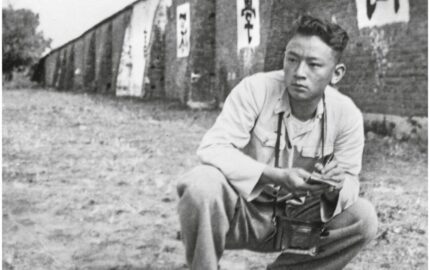To be walking about a college campus with a knapsack on my back at age 39 was a great gift. It was all the greater for having had my first go at college compromised by a bus crash that broke my neck when I was 19. And so, having long since graduated from wheelchair to cane, I did not struggle to set aside career for classroom. I happily put down my pen.
Still, there was something that I wished to one day write, a book about the crash and its place in my life. But I had tried and failed to write it for almost as many years as I had been disabled.
As my months at Harvard passed, something curious happened. All that I read and heard attached itself to those thoughts about life that remained unresolved in me; my seminars, for example, on Melville, Ecclesiastes and personal identity, prisms through which to reexamine my lot. I myself was less elusive. And so, come spring, my thoughts had begun to cohere into what resembled a philosophy. I felt closer to knowing what I wished to write.
But how to write it? My good friend Darcy Frey, NF ’11, noted that when I spoke of the crash, I often spoke of where I was disabled. And so, he suggested that I root each chapter of my book in Israel.
Fall arrived and I returned to Jerusalem with a new voice and structure in mind, hopeful that I might at last respond to the runaway truck that paralyzed me on May 16, 1990, hopeful that I might at last write my book. Four months later, I had—the whole of “Half-Life” written.
www.joshuaprager.com
Still, there was something that I wished to one day write, a book about the crash and its place in my life. But I had tried and failed to write it for almost as many years as I had been disabled.
As my months at Harvard passed, something curious happened. All that I read and heard attached itself to those thoughts about life that remained unresolved in me; my seminars, for example, on Melville, Ecclesiastes and personal identity, prisms through which to reexamine my lot. I myself was less elusive. And so, come spring, my thoughts had begun to cohere into what resembled a philosophy. I felt closer to knowing what I wished to write.
But how to write it? My good friend Darcy Frey, NF ’11, noted that when I spoke of the crash, I often spoke of where I was disabled. And so, he suggested that I root each chapter of my book in Israel.
Fall arrived and I returned to Jerusalem with a new voice and structure in mind, hopeful that I might at last respond to the runaway truck that paralyzed me on May 16, 1990, hopeful that I might at last write my book. Four months later, I had—the whole of “Half-Life” written.
www.joshuaprager.com




